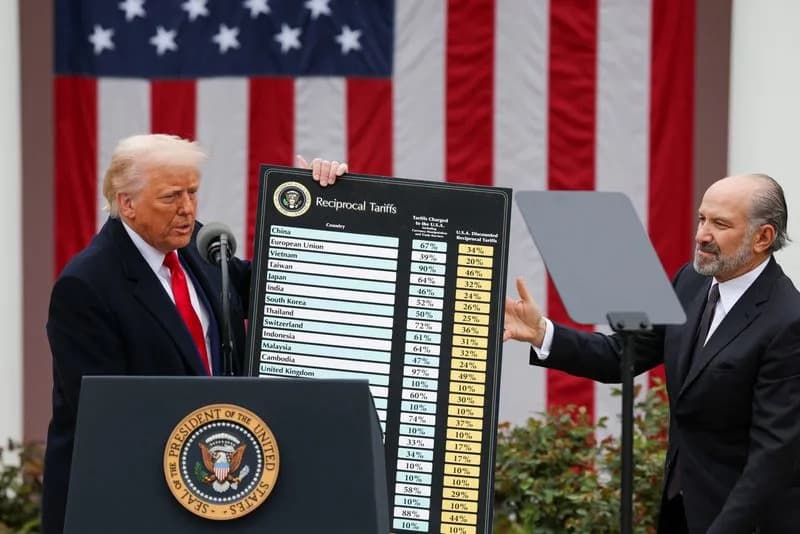The EU’s 27 economy ministers agreed to abolish the €150 customs duty exemption for parcels from non‑EU countries, targeting the surge in low‑value packages largely coming from China. Officials say 4.6 billion parcels entered the EU in 2024 and that about 91% of small parcels originate in China. The move — part of a broader customs overhaul — would make duties payable from the first euro alongside VAT, with ministers set to meet in December and possible implementation starting in 2026.
EU to Scrap €150 Duty‑Free Threshold for Small Non‑EU Parcels — Major Hit to Chinese E‑commerce

EU moves to close loophole as small parcels flood the market
EU economy ministers from all 27 member states agreed on Thursday to abolish the current €150 customs duty exemption that applies to parcels arriving from non‑EU countries. The measure is aimed at stemming the surge of small, low‑value packages entering the bloc, many of them from Chinese e‑commerce platforms such as Shein and Temu.
Commission officials say the decision responds to an unprecedented flow of imports. EU Economy Commissioner Valdis Dombrovskis noted that an estimated 4.6 billion parcels entered the EU in 2024, and that roughly 91% of small parcels now originate in China. Trade Commissioner Maroš Šefčovič described the agreement as a defining moment that signals the EU’s determination to ensure fair competition for domestic businesses.
Ending the exemption will close long‑standing loopholes that have been routinely exploited to avoid customs duties — a view voiced by several officials and diplomats present at the meeting.
Under the ministers’ agreement, customs duties would be payable from the first euro on all goods entering the EU, alongside value‑added tax. The change forms part of a wider overhaul of EU customs rules that is expected to be phased in over time. Member states will meet again in December to negotiate a temporary mechanism to enable implementation, and the Commission said the measures could begin as early as 2026.
Parallel policy ideas are also under discussion. The European Commission proposed a separate €2 levy on small packages in July, and several individual capitals are pursuing national responses. Italy, for example, is preparing a dedicated tax intended to shield domestic fashion producers from cheap imports that undercut local pricing — a move welcomed by Italian Economy Minister Giancarlo Giorgetti, who said the measure responds to pressures that are harming retail trade.
The developments come amid other controversies involving major platforms. Shein, one of the companies named in discussions about parcel volumes, is facing legal scrutiny in France over allegedly problematic products sold via its marketplace.
Trade group EuroCommerce, which represents EU retailers, has urged a swift and harmonised EU response to avoid a patchwork of national measures that could distort competition. Christel Delberghe, director general of EuroCommerce, warned that fragmentation would undermine the level playing field the reforms aim to restore.
What to expect next
Ministers will reconvene in December to agree interim rules and a temporary system to start collecting duties on low‑value shipments. If negotiations proceed on schedule, implementation steps could begin in 2026, while additional regulatory and technical work continues across the bloc.
Help us improve.




























